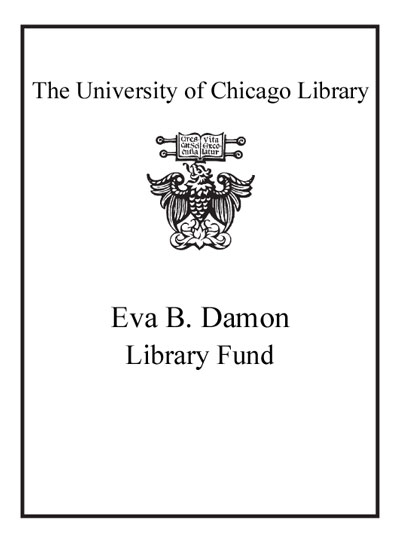Review by Choice Review
Scholars know Ferling (State Univ. of West Georgia) through his published studies of John Adams, George Washington, and American colonial wars. This title, which relies upon the lives of Washington (the "sword"), Jefferson (the "pen"), and Adams (the "stalwart") to tell the story of the nation's struggle to gain its independence from England, will appeal to a larger audience. The Revolution was the central event in the life of each. Ferling charts--and weighs--their contributions as the men are drawn into the deepening crisis with the mother country and eventually provide both direction and inspiration for the fledgling nation. His portraits are fresh, his judgments of their roles and contributions are judicious, and his prose is crisp. The final chapters offer something of a balance sheet from which Adams's achievements emerge as the most impressive. Ferling characterizes his book as a "study of personality, character, aspirations, drives, choices, ideas, visions, leadership, and courage." He is right on target. Readers on a variety of levels will profit from--and enjoy--his thoughtful work. For all collections. G. S. Rowe; University of Northern Colorado
Copyright American Library Association, used with permission.
Review by Booklist Review
However revised and edited by historians, those long-haired radicals of the early republic irresistibly invite inspections of their lives, actions, and reputations. Ferling confines his portraits of Washington, Jefferson, and Adams to the War of Independence. From early in life, a desire for renown actuated them: Washington became well known from his military career in the French and Indian War; Adams and Jefferson earned their spurs of celebrity in the Continental Congress that proclaimed independence. Ferling is most interested in how the reputations of the three men measure up to their performance in the ensuing war. Unfortunately for Jefferson, his name takes a battering from Ferling's research and pen, for he sat out almost the entire war, except for his short, disastrous governorship of Virginia in 1780. Washington and Adams, by contrast, receive Ferling's accolades as genuine devotees to the revolutionary cause, Adams especially for his diplomatic skill in winding up the war in 1782^-83. Such semicontrarian judgments, coming from an academic historian, ought to be added to larger collections about the American Revolution. Cunningham edits documents about the Jefferson-Hamilton head butting during Washington's first presidency. As the two antagonists disputed principles fundamental to the Constitution and crucial to contemporary issues, such as the balance between state and federal power, libraries will always find useful having a volume going back to the primal sources. This one contains excerpts from Hamilton's state papers on finance, with Jefferson's objections, all enlivened by each man's comments about the other's character in letters to their friends. A resource suited to student researchers. --Gilbert Taylor
From Booklist, Copyright (c) American Library Association. Used with permission.
Review by Kirkus Book Review
A thorough exploration of the lives of Washington, Adams, and Jefferson, and a consideration of their personal motives for participating in the American Revolution. Revolutionary War historian Ferling (The First of Men, 1998) assesses the impact of our three great Founding Fathers by reconstructing their lives from the documents they left behind. This approach produces intriguing portraits of men with monumental ambitions who were frustrated by their status as colonial subjects. (Despite Washington's command of the Virginia militia, for example, he was subordinate to even the greenest captain in the British army, while the most Jefferson or Adams could hope for was a royal appointment as a colonial magistrate.) As the British government adopted increasingly oppressive and hostile measures to subvert the American colonies' discontented rumblings, these three found themselves drawn to the republican ideals that promised opportunity for men such as themselves--not just for those who were born in England and pandered to the right politicians. Washington and Adams weather this close scrutiny well: Washington's character overcomes the reality that he was an amateur soldier and a mediocre strategist, while Adams's often-overlooked role in negotiating the diplomatic conclusion to the war suggests that his efforts were as crucial to achieving American independence as Washington's battlefield sacrifices. But Jefferson's reputation suffers in Ferling's analysis. He argues that Jefferson used his starring role in authoring the Declaration of Independence to cover up his avoidance of military duty and his lukewarm support for the revolutionaries during the earliest stages of the rebellion. In the end, Ferling masterfully weaves these men's personal stories into a dynamic narrative that will grip general readers and scholars alike. Ferling's effective demystification of these three Founding Fathers transforms them from two-dimensional icons into remarkable and fascinating men and captures their passionate struggles to form a new republican nation. Copyright ©Kirkus Reviews, used with permission.
Copyright (c) Kirkus Reviews, used with permission.
Review by Choice Review
Review by Booklist Review
Review by Kirkus Book Review

